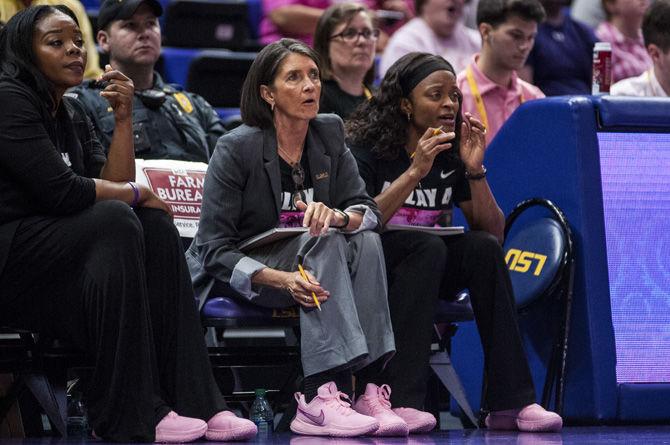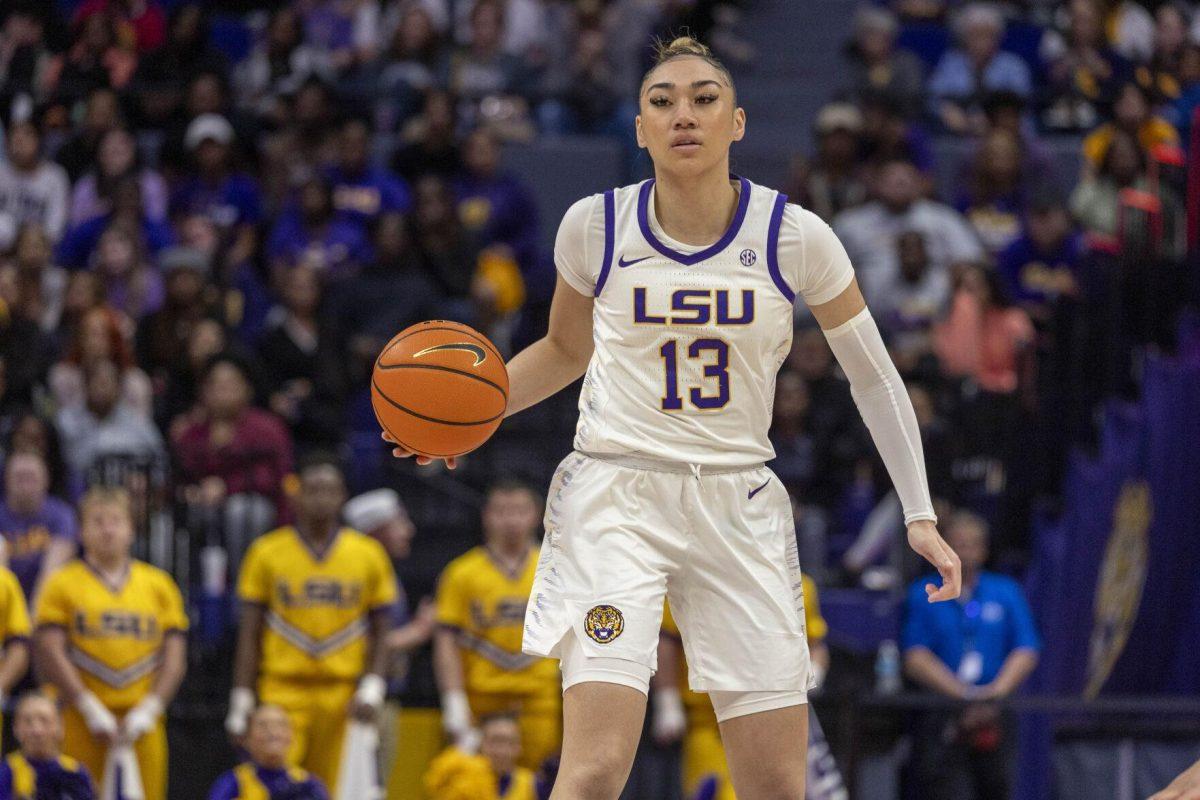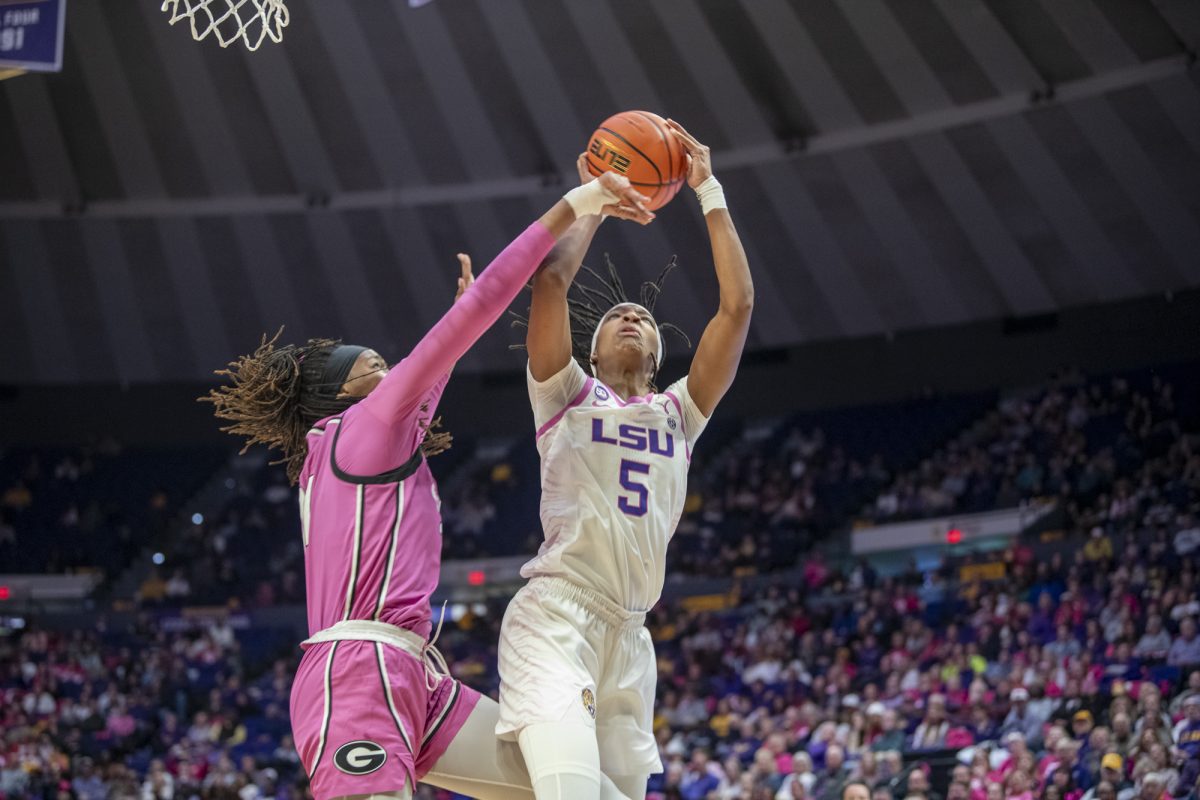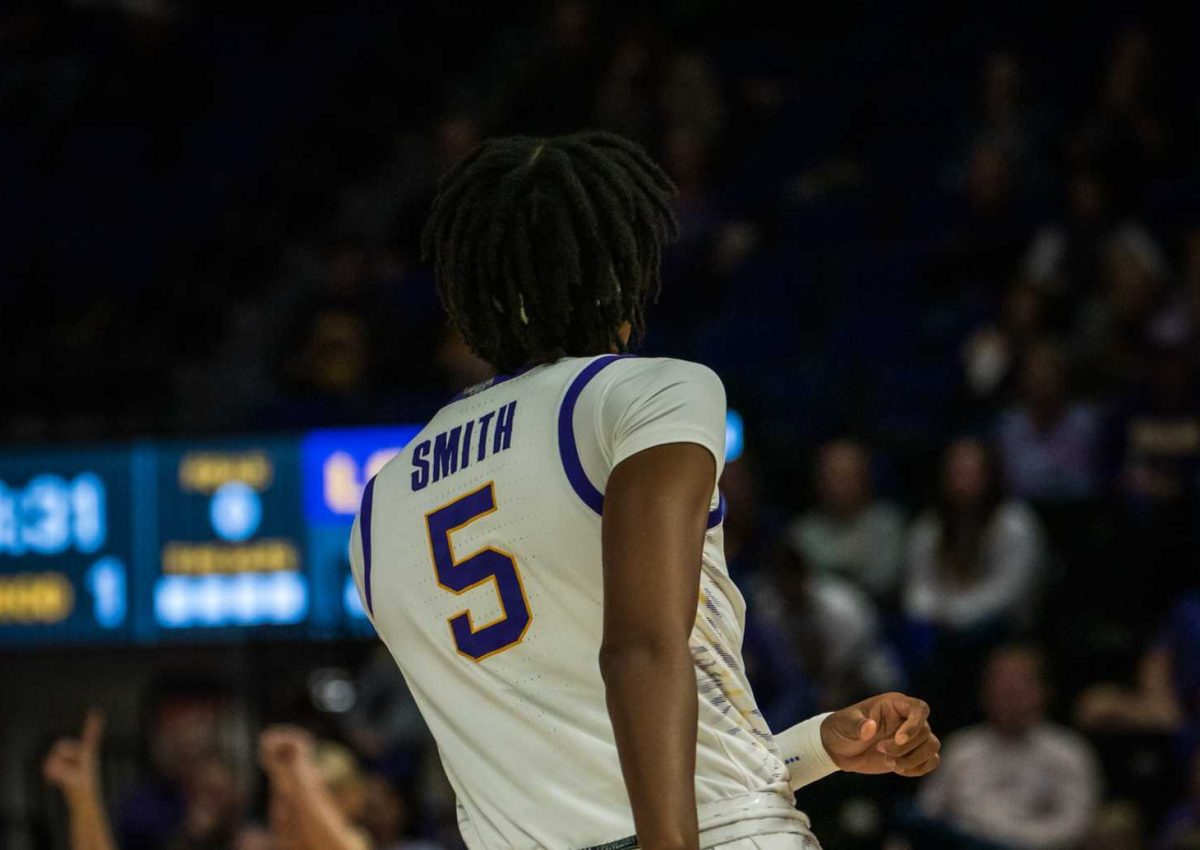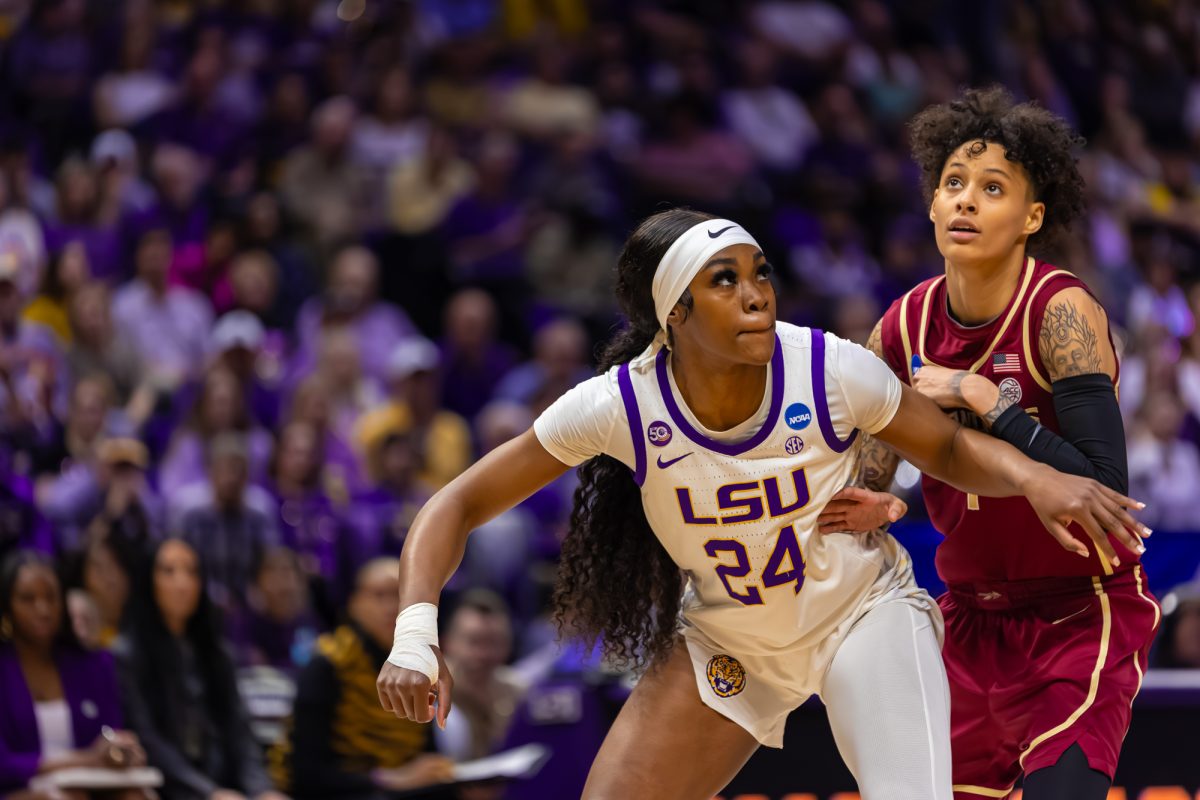Over the years, assistant coach Mickie DeMoss has developed into a transcendent basketball coach in the women’s game. Spending years coaching under some of the greatest coaches such as legendary Pat Summitt, Demoss’ resume has earned her an induction into the women’s basketball Hall of Fame Class of 2018.
DeMoss, native of Tallulah, Louisiana, has coached on both the collegiate and professional levels. With her experience coaching a multitude of players from college to seasoned professionals, DeMoss had plenty of opportunities to learn different styles of coaching, adding to her repertoire.
“It is certainly one of the highest honors you could receive in this profession, being inducted into the Hall of Fame and being recognized by your peers for the contributions you made to the sport,” DeMoss said. “It’s something that I am very humbled by because I am with some outstanding company. To be considered in that group is certainly an honor and a privilege.”
Notable names accompanying DeMoss are assistant coach Chris Dailey and former players Tina Thompson and Chamique Holdsclaw.
Dailey has been an assistant coach at the University of Connecticut since 1985 with fellow Hall of Famer Geno Auriemma, helping lead the program to 11 national championships.
Holdsclaw played in the WNBA for 11 seasons for four teams, but she is most known for her historic collegiate career at the University of Tennessee. Holdsclaw helped lead the Lady Vols to their first ever undefeated season in 1998 at 39-0 and a national title. She is also currently the leading scorer and rebounder in Tennessee history.
Thompson was the first draft pick in WNBA history, selected by the Houston Comets. She helped lead the Comets to four consecutive WNBA titles. Thompson also formerly held the top spot on the WNBA all-time scoring list.
Coaching with some of the greatest to ever do it has given DeMoss the opportunity to learn different ways to be a more effective coach. She has utilized what she learned and continued to build from that knowledge at each destination.
“With all of those experiences combined, I don’t think I would be the coach I am now if I had not had those experiences,” DeMoss said. “I benefited from learning from some of the best coaches in the country. The fact that I have been able to learn and grow and watch the game evolve, I have been able to adjust my style of coaching with the new generation of players.”
After coaching alongside Summitt, her mentor and best friend, for two decades, DeMoss managed to adopt some of Summitt’s coaching methods and translate them to the way she instructs her players.
DeMoss won six national championships and went to 13 Final Fours with Summitt, which impacted more than just her coaching philosophy.
“I also picked up a lot of intangible things from Pat such as discipline, work ethic, and being consistent with how you deal with your players and what you tell them. She taught me a lot on how to coach and deal with people.”
DeMoss has been a force on the sideline at LSU.
She has been a veteran source of knowledge for coach Nikki Fargas and the LSU coaching staff, playing a huge role in the team getting to 18-7 and 10-4 in the Southeastern Conference. Since DeMoss’ arrival to Baton Rouge, LSU has gone 38-19 and has not missed the NCAA tournament.
During her time as a coach, the game of basketball has evolved immensely. A major component that has changed over time is the versatility of forwards and centers. In today’s game, there are many “bigs” capable of making mid-range jump shots at an efficient rate, as well as shooting beyond the three-point line.
DeMoss has developed as a coach with the game. She made necessary adjustments to her coaching style as needed in order to win.
“A coach will put players in the best positions to utilize their strengths,” DeMoss said “If they can shoot the three, it just makes them that much tougher to guard. Coaches that are students of the game will study those different aspects and adjust to put those players in the positions they need to be in.”
As a veteran coach, this new phenomenon has altered the coaching schemes and even the way he or she may recruit.
“There are two types of coaches,” DeMoss said. “There are coaches that have a system and recruit players to fit that system, and there are coaches that will go get the best players they can find. As a coach, you will fit in either one of those categories. Whichever category you’re in, it is important to figure whichever way to recruiting wise to have your needs met.”
One of the main things DeMoss says she has to adapt to is the personality of the players. Over time, kids change and society molds them differently now than it did 10 or 20 years ago.
“Every 10 years, you see a shift as a coach in players’ personality traits,” DeMoss said. “With this generation, attention spans are very short. Teaching has to be on point. As a coach, you have to get to the point, clean up the language being used and cannot be wordy. It is important to be precise and concise in order to get the the point across and maintain the focus of these players.”
Players in this generation are much calmer and looser than those in past decades.
The demeanor in the past has always been serious and the player would tend to be reluctant to make an effort to develop a comfortable relationship with coaches. Today, the public sees players very relaxed with their coaches as these relationships evolve from what they once were.
“Players are more loose and a lot more informal than they used to be,” DeMoss said. “They seem more casual. I believe it has a lot to do with the way parents raise their kids and then it filters over to their sports. It is definitely more of a casual relationship and that has been an adjustment for me.”
The Hall of Fame Class of 2018 will be announced during the Women’s Final Four in Columbus, Ohio. The official induction will then take place on Saturday, June 9.
Mickie DeMoss inducted into the women’s basketball Hall of Fame
February 21, 2018
LSU coach Mickie DeMoss watches her team from the sidelines during the Tigers’ 84-55 win against Ole Miss on Thursday, Feb. 15, 2018, in the PMAC.
More to Discover



